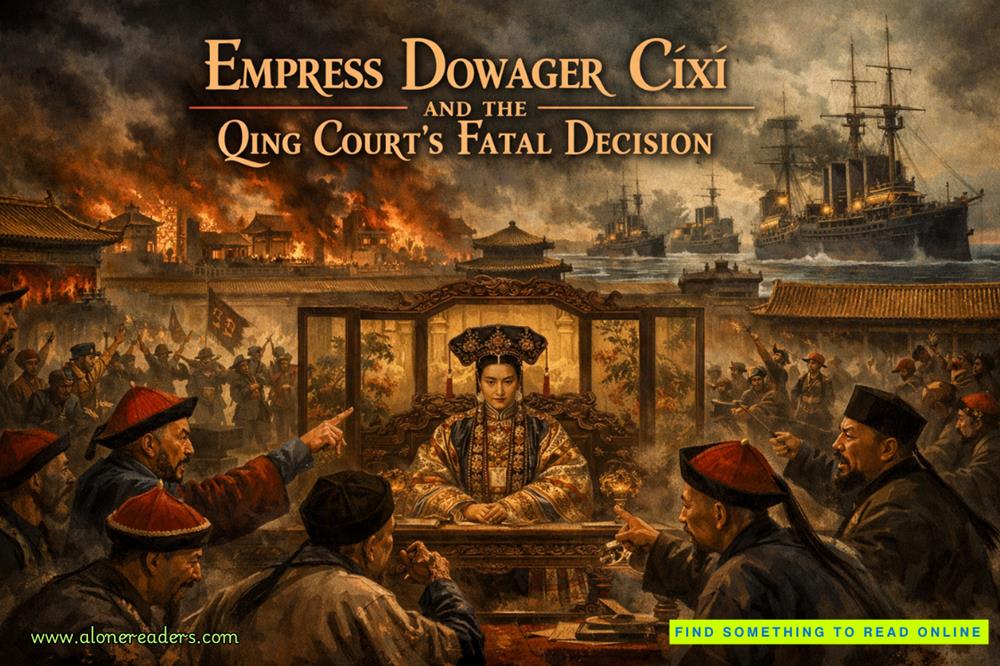Something in her chest fluttered, an ache, a memory, a warmth she hadn’t dared name.
That quieted her. For a moment, the garden was filled only with the sounds of birdsong and the faint rustling of leaves.
She stepped closer. “I’m glad you’re here, but I’m also interested to know why, Quinton?”
He looked down at his hands. “Barrington sent me. He thought you might want an update on the investigation. But I think… I think I came because I wanted to see if you were all right.”
Mary-Ann’s breath caught, not from surprise, but from the ache in his voice. She hadn’t realized how much she’d needed to hear it. She looked away for a moment, steadying herself, and studied him for a long moment. “And what exactly did Barrington tell you?”
Quinton hesitated. “Only that things were shifting. That someone needed to check the weather before the storm broke.”
Mary-Ann’s lips tilted faintly. “He does enjoy speaking in riddles.”
A corner of Quinton’s mouth twitched. “I think he hoped I’d understand yours.”
She looked down at her hands, then back up. “I’m holding steady for now. But I’m beginning to feel the wind shift.”
He met her eyes, and something passed between them, something familiar, fragile, and just beginning to rebuild.
“I never believed you would.” His voice was low, almost reverent.
Their silence stretched again, companionable now. A breeze stirred the ivy near the garden wall.
Mary-Ann exhaled softly. “Did you ever think,” she asked, “that this would be us someday? Trading truths in a garden, as if it were normal?
He didn’t answer right away. His gaze lingered on hers, steady and quiet, as if choosing his words with care.
“No,” he said finally. “But I’m glad it is.”
He glanced toward the house, then back at her. “I should go. I wasn’t meant to stay long.”
She nodded slowly, the breeze lifting a strand of hair at her temple. “Thank you…for coming.”
“If there’s anything you need, anything at all, send word,” he said. “I’ll come faster than the weather.”
A smile curved her lips, small and sincere. “I’ll remember that.”
She wanted to reach for him, just lightly, his sleeve, his hand, anything. But instead, she stood still.
He hesitated for just a breath, then gave a slight bow. Then he was gone, striding back down the garden path the same way he had come quietly, without fanfare, but with purpose.
Mary-Ann stayed where she was, the echo of his words lingering like warmth in the air.
She didn’t return to the garden bench. Instead, she stepped back inside and climbed the stairs slowly, the morning quiet settling deeper into the halls. Her room was just as she left it, sunlight streaming across the floor, the ledger still resting atop her vanity.
She reached for it with one hand, intending to tuck it away properly this time, then paused. A folded piece of paper lay atop it, worn at the edges, its parchment thinner than her own.
Her breath caught. It wasn’t hers. She lifted it gently, unfolding the creases with care.
My dearest Mary-Ann,
I do not know whether this letter will reach you. Perhaps by the time it does, if it does, you will have moved on, and I would not blame you. There is no room in war for fairness, nor in fate for decency.
I write because I must. Because silence in these walls is louder than cannon fire.
There is no one here who knows your laugh. No one who would understand the way you used to speak of figures and freight as if it were poetry. No one who would think it a triumph to see you walk into a counting room and make it your own.
I see you in the mornings, in the quiet before orders are shouted. I see you in the long hours when nothing moves but my thoughts. I see you before I sleep, when the dark presses in and I need a reason to hold on.















